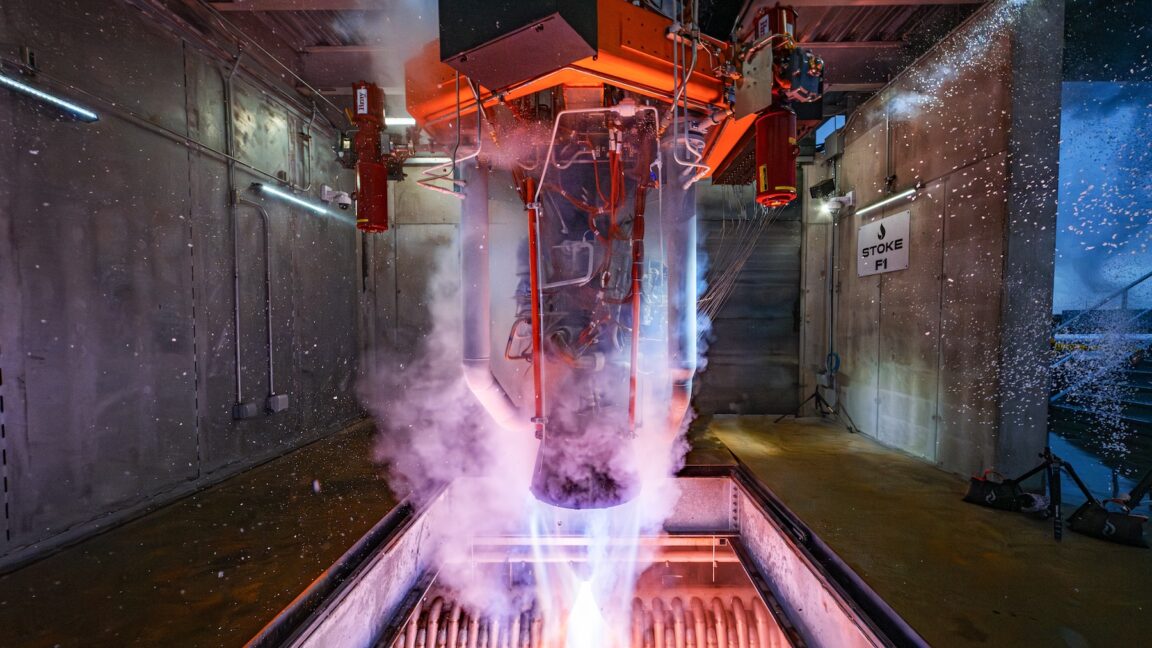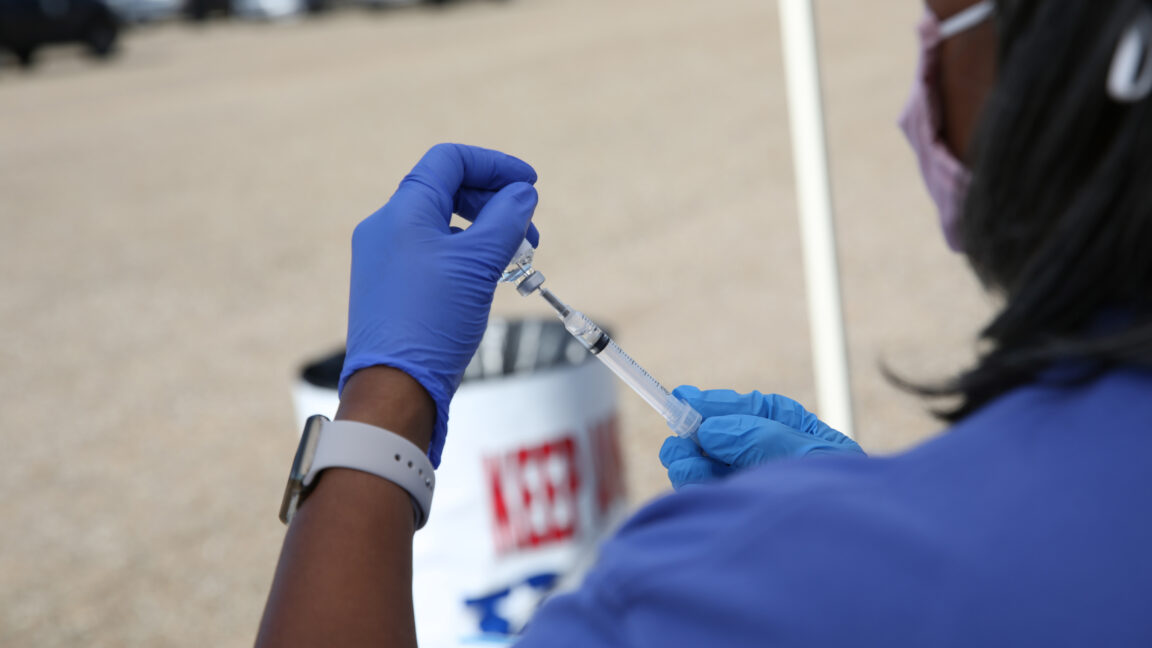Q&A: Why medical AI and value-based care may be made for each other


![]()
By Katie Palmer
Sept. 30, 2024
Health Tech Correspondent
At last count, the Food and Drug Administration has authorized 950 medical devices that use artificial intelligence and machine learning. But far fewer have made a significant impact on patient care in the United States.
For medical AI developers like James Zou, that’s a problem. The Stanford professor is invested in getting effective medical machine learning — including some of his own, FDA-cleared algorithms — adopted by health systems.
advertisement
In two recent papers, Zou examined the clinical adoption of medical AI devices, finding that a tiny minority of FDA-authorized devices are being reimbursed at any kind of scale — and delving into different models for how health systems could pay for medical AI.
STAT+ Exclusive Story
Already have an account? Log in


This article is exclusive to STAT+ subscribers
Unlock this article — and get additional analysis of the technologies disrupting health care — by subscribing to STAT+.
Already have an account? Log in
Monthly
$39
Totals $468 per year
$39/month Get StartedTotals $468 per year
Starter
$20
for 3 months, then $399/year
$20 for 3 months Get StartedThen $399/year
Annual
$399
Save 15%
$399/year Get StartedSave 15%
11+ Users
Custom
Savings start at 25%!
Request A Quote Request A QuoteSavings start at 25%!
2-10 Users
$300
Annually per user
$300/year Get Started$300 Annually per user
View All Plans
To read the rest of this story subscribe to STAT+.
Subscribe Log In Artificial intelligence, FDA, health care costs, research, STAT+ Submit a correction requestReprints-

Katie Palmer
Health Tech Correspondent
Katie Palmer covers telehealth, clinical artificial intelligence, and the health data economy — with an emphasis on the impacts of digital health care for patients, providers, and businesses.


Newsletter
Tech is transforming health care and life sciences. Our original reporting is here to keep you ahead of the curve.









